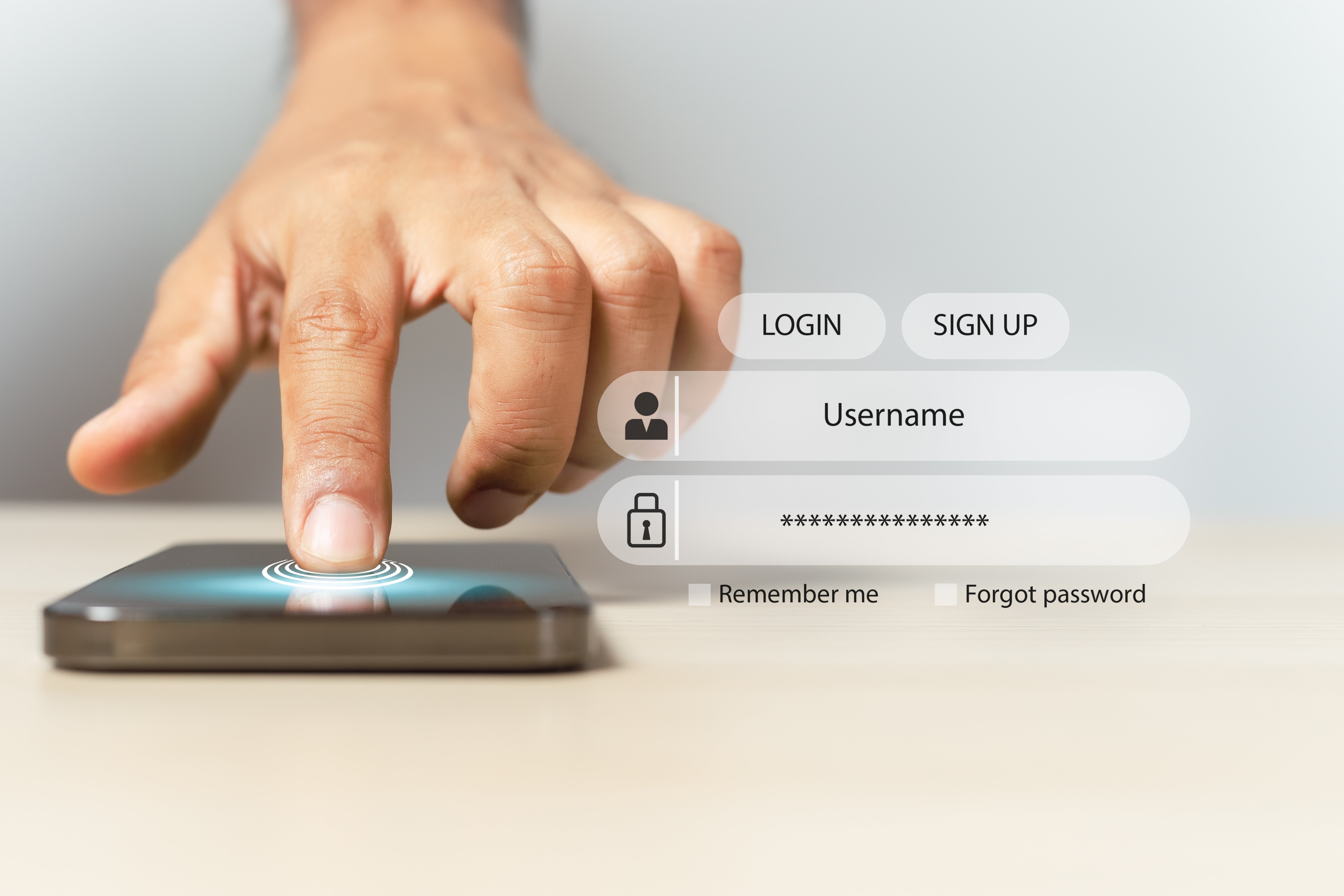Graduate Certificate in Cybersecurity Management (E-Learning): A Guide

Cybercriminals are getting more and more bold with their modus operandi, increasing the need for cybersecurity professionals to safeguard digital spaces. According to The Global Risks Report 2023 by the World Economic Forum, widespread cybercrime and cyber insecurity emerged eighth in both the short- and long-term lists of global risks ranked by severity.1
This points to a solid employment demand for digital defenders able to mitigate and overcome cybersecurity threats and attacks. At Singapore Institute of Management, students of our Graduate Certificate in Cybersecurity Management (E-Learning) are equipped with the skills required to lead, analyse, and manage cybersecurity systems and processes effectively, to build resilient business ecosystems – in line with the needs of organisations in Singapore and beyond.
Students of this fully online programme must complete three core modules and one elective module, delivered by experienced academics and subject-matter experts. Here’s a rundown on what you’ll learn:
Core Modules: Hone the Skills of Tomorrow
Data Privacy, Data Ethics, and Governance
A key aspect of cybersecurity is ensuring that data is kept secure at all times. In this module, you will learn the policies and legalities of storing and managing data, and the ethics of handling private and confidential information at the workplace.
Cybersecurity Management
With a staggering amount of employee and customer data stored in digital formats, organisations cannot afford to let up on cybersecurity. This module teaches you the fundamentals of managing cyber threats by applying theoretical and practical knowledge to protect an organisation’s information, data, and systems.
Cybersecurity Analytics and Insights
When data breaches occur, the first question that must be asked is: “How did this happen?” In this module, you’ll get to refine your analytics skills to pinpoint the root causes of data breaches, allowing you to implement measures that prevent future leaks and bolster security protocols.
Elective Modules: Broaden Your Expertise
Leadership
Enhance your ability to adapt to digital disruptions and manage cybersecurity threats, and hone your leadership skills by developing an in-depth understanding of the core competencies that make a good leader.
Emerging Technologies
Discover how technological developments disrupt businesses and affect existing cybersecurity measures, and learn how to leverage these technologies to further augment security protocols.
Principles of Programming (Python)
With websites and mobile apps becoming almost a must for businesses today, this module focuses on equipping students with the programming language – Python – to enhance their ability to develop and refine the relevant digital products.
Data Visualisation
A thorough understanding of data points is crucial in the cybersecurity game. Learn how to effectively communicate data findings to non-data experts by using data visualisation tools and techniques for maximum-impact outcomes.
Talent Acquisition and Management
This module will help you master modern human resources techniques when it comes to acquiring and managing talent, enabling you to help build resilient teams that produce results that align with organisational goals.

Cybercriminals Hard at Work
With over 16 billion accounts worldwide breached since 2004,2 the illegal misuse of data is a pressing problem facing the globe. Businesses have ramped up their cybersecurity measures in response, but this just means cybercriminals are improving their methods, too.
Here are three examples of data breaches in Singapore that show even major corporations are not immune to cyberattacks:
Starbucks3
On September 16, 2022, Starbucks Singapore sent out an email to members of its rewards programme, informing them that it had discovered “some unauthorised access” to user details, such as name, gender, date of birth, mobile number, email address, and residential address.
The company noted that it did not store credit card information “as per our security data practice”, and assured customers that their credit card details were not affected. Nonetheless, Starbucks advised customers to change their passwords immediately and remain vigilant of suspicious notifications, requests, and URLs.
Carousell4
On October 21, 2022, Carousell users received an email alerting them to a data breach involving their email addresses, mobile phone numbers, and dates of birth. In its notice to affected users, the company said its investigations revealed that a bug had been introduced during a system migration, and used by a third party to gain unauthorised access to the personal data of some users in Singapore.
Carousell said the bug was fixed following the discovery, and assured users that no payment- and password-related information was compromised.
MyRepublic Singapore5
Local telecoms company MyRepublic Singapore reported that the personal data of almost 80,000 customers had been illegally accessed in an incident in August 2022. The breach involved identity verification documents, such as scanned copies of NRICs, utility bills, names, and phone numbers.
In its statement, the company said the unauthorised data access “took place on a third-party data storage platform used to store the personal data of MyRepublic’s mobile customers”. It assured customers that it was reviewing its systems and processes, both internal and external, to ensure no recurrences.
Cybersecurity Career Options for You
There is little doubt that cybersecurity professionals are in high demand, regardless of your experience level.
With our Graduate Certificate in Cybersecurity Management (E-Learning), you can apply for these roles with confidence:
Network Security Engineer
If building systems is your forte, then this is the job for you. Network security engineers are in charge of designing and implementing security solutions for computer networks, meaning you will work with firewalls, routers, and other devices to prevent cybersecurity threats.
Penetration Tester
Are you interested in the world of legal hacking? If the answer is “yes”, this might be just the job for you. Penetration testers are known as “white hat hackers” – those who legally hack into a company’s security system to detect bugs and other vulnerabilities. They then make recommendations on how to augment an organisation’s cybersecurity measures to prevent data breaches.
Senior Information Security Analyst
If you fancy yourself a detective of sorts, you’d do well to explore this role. As a senior information security analyst, you’ll be tasked not only with uncovering where and how data breaches occur, but also with developing policies and solutions to ensure that such cybersecurity attacks do not happen again.

Ready to be a Cybercrime Buster?
Our flexible, bite-size Graduate Certificate in Cybersecurity Management (E-Learning) is designed especially for today’s busy working professional looking to upskill and stay in-demand in the workforce, without having to pause their career.
Have questions about the programme? Schedule a chat with one of our Student Advisors today!
References
1 https://www.marshmclennan.com/content/dam/mmc-web/insights/publications/2023/global-risks-report-2023/global-risks-report-2023.pdf (pg 11)
2 https://surfshark.com/research/data-breach-monitoring
3 https://www.channelnewsasia.com/singapore/starbucks-singapore-data-breach-rewards-membership-customers-2943341
4 https://www.channelnewsasia.com/singapore/carousell-data-breach-user-email-mobile-numbers-3019306
5 https://www.channelnewsasia.com/singapore/myrepublic-data-breach-nric-personal-information-2168531





